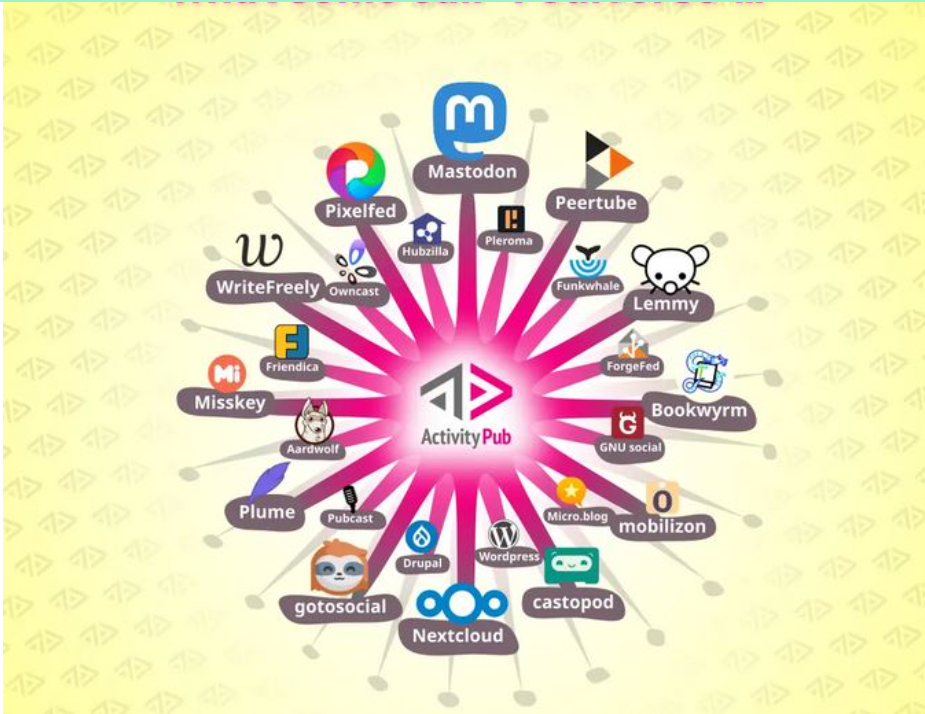🤔 Lesson 2: Think Before You Share – Becoming a Mindful Messenger
📽️ Start Here: Watch and Reflect
Begin this lesson by watching a short video that follows the everyday journey of someone scrolling their feed and facing the urge to share something unsettling. The video asks an essential question: Can we really believe everything we see online?
As you watch, take a moment to think about how many times you’ve shared something without checking. You’re not alone. But with awareness, we can change that. 🙌
🧠 Why Thinking Before Sharing is a Superpower
We’re all scrolling fast, reacting fast, and posting even faster. But every time you hit “share,” you’re doing something powerful. You’re amplifying a message. That message could be helpful – or harmful.
Misinformation thrives on emotions: fear, anger, outrage. But truth takes time. That’s why learning to pause, analyze, and verify before sharing is a modern act of courage.
Every share can either protect or pollute our information environment. You have the power to choose. 🛑💬✅
🔍 3-Second Pause Checklist Before Sharing:
- Is it from a reliable source?
- Can you find the same story elsewhere?
- Does it play on strong emotions? (That’s a red flag.)
- Are there missing details or broken links?
- Would you say it out loud to someone you care about?
If any of these raise doubts – stop and dig deeper with the tools we will see in the next lesson
📡 The Role of Social Media Platforms

Much of what we see – and believe – online is shaped by algorithms. These are invisible systems that sort and promote content based on your behavior: what you click, like, pause on, or share. They prioritize engagement over truth, meaning outrageous or emotional content often goes viral faster than balanced reporting. That’s why even the most well-meaning people can end up spreading misinformation.
But there’s a growing wave of alternative platforms offering a different path. Decentralized social media like the Fediverse (e.g. Mastodon) or Bluesky give users more control over what they see and how content spreads. Instead of a top-down algorithm deciding what’s important, these platforms rely on open protocols, community moderation, and transparency.
While they may not yet be as popular as mainstream apps, they represent a movement for more ethical, user-centered digital spaces – places where truth has a better chance to thrive. Knowing they exist is already a first step toward making smarter sharing choices.
🌍 Your Role in a Bigger Picture
What you share shapes the beliefs of your friends, your community – even your country. In a world battling climate denial, disinformation wars, and social division, truth isn’t just a value – it’s a survival tool.
By taking responsibility for your clicks and shares, you’re part of a global movement for media sanity and digital justice. 🕊️📱🌐
📚 Further Reading & Reliable Sources:
- UNESCO (2022). Think Before Sharing: Stop the Spread of Conspiracy Theories. UNESCO Resource Hub
- First Draft News: Essential Guide to Verifying Online Info. firstdraftnews.org
- EU DisinfoLab: www.disinfo.eu
- News Literacy Project: Checkology Lessons www.newslit.org